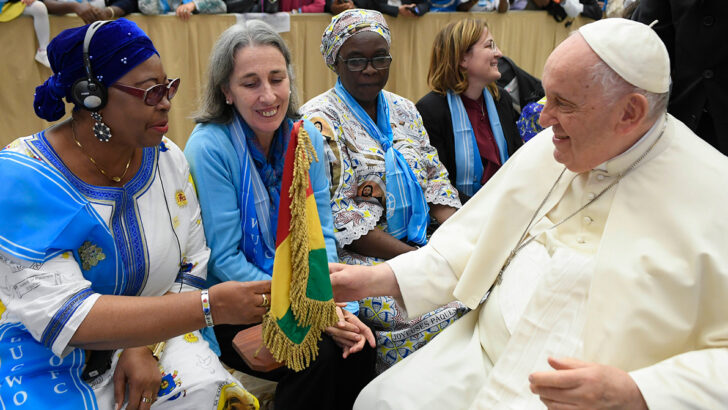The Contemporary Woman: Can she really have it all, by Michele Guinness (Hodder, £10.99/ €12.99)
Author Michele Guinness is one of the Guinness clan, the Anglo-Irish brewing family of longstanding fame, but only by marriage. Back in 1999 she wrote a widely selling family history called The Guinness Spirit, which many found both entertaining and revealing.
Devoted
She in fact is married to an Anglican vicar who is one of the lesser known branches of the family devoted to Christian missionary work, a line less concerned with commerce than salvation. Now she tells, in part, an even more interesting tale.
She herself was born into the Jewish faith, which deepens the nature of the story she has to tell. Her theme is basically the notion that “sometimes it’s hard to be a woman”.
One has only to read the news, or just look around your own town to see how true that is, just about everywhere in the world. She wants to explore this situation through her own experiences of both family and society in the mingled forms known personally to her.
She starts with the “Hebrew Woman”. The Jewish mother is a celebrated character, especially among Jewish comedians in both America and Britain. Taken off with finality by Maureen Lipmann in those 1988 advertisements British Telecom – “If you got an ‘ology’ you’re a scientist” – it is hard to know also where television and film as a whole would be without her.
In the chapters in the first part of the book she is characterised as life giving, manipulative and assertive, all which Michele exemplifies through the mothers of childhood. But what magnificent people at times were produced in the process!
However, she met and married Peter Guinness and encountered another female archetype, “the Christ following woman”. Here the traditions were different. By contrast the Christian woman wanted to stand in the background, be silent and submissive. Not notions, she agrees, that are much admired today by many. (Somewhere in this range the ‘Irish Mammy’ is to be found, but she is not alluded to here.)
But what of today, what of ‘the contemporary woman’. Here we have the notion of the sexual woman, the mothering woman, and especially today, the working woman, who is often the single mother.
Yet at the end what ought to emerge from childhood and the events of growth, should be a ‘Woman of experience and maturity’.
One of the troubles with so much Christian writing today is that it tends to assume that Western models are the summit of all things. So where is the majority of the world? Where is the Japanese Empress, the Indian woman politician speaking across the chamber of the Indian parliament, where is the market lady of Nigerian society, the Chinese farmer’s wife?
Overlook
How easily we seem to overlook the real complications of the totality of humanity as God looks down on it…
But Michele Guinness is alert to this. “We don’t always recognise the opportunities and powers we have,” she writes in almost the last words of the book.
As a result “…If industry, institutions and governments, not to mention the Church, want to rise up and fly, they desperately need the voices of women. Otherwise they will have only half the expertise, half the capability, half the potential and half the achievement.”
It seems that in the Vatican, for example, the Pope realises this. Since May 2021 there have been a series of appointments to important senior and managerial posts at Rome. Other women followed in other roles.
Perhaps now the human potential of the Vatican will be better achieved too.


 Peter Costello
Peter Costello Pope Francis greets representatives of the World Union of Catholic Women’s Organisations during an audience with the group in the Paul VI hall at the Vatican May 13, 2023. Photo: CNS.
Pope Francis greets representatives of the World Union of Catholic Women’s Organisations during an audience with the group in the Paul VI hall at the Vatican May 13, 2023. Photo: CNS. 